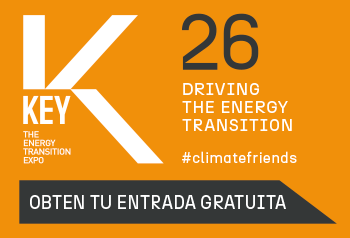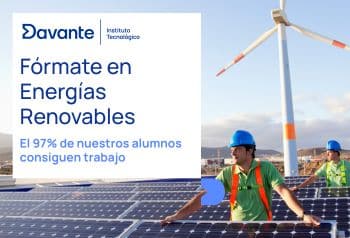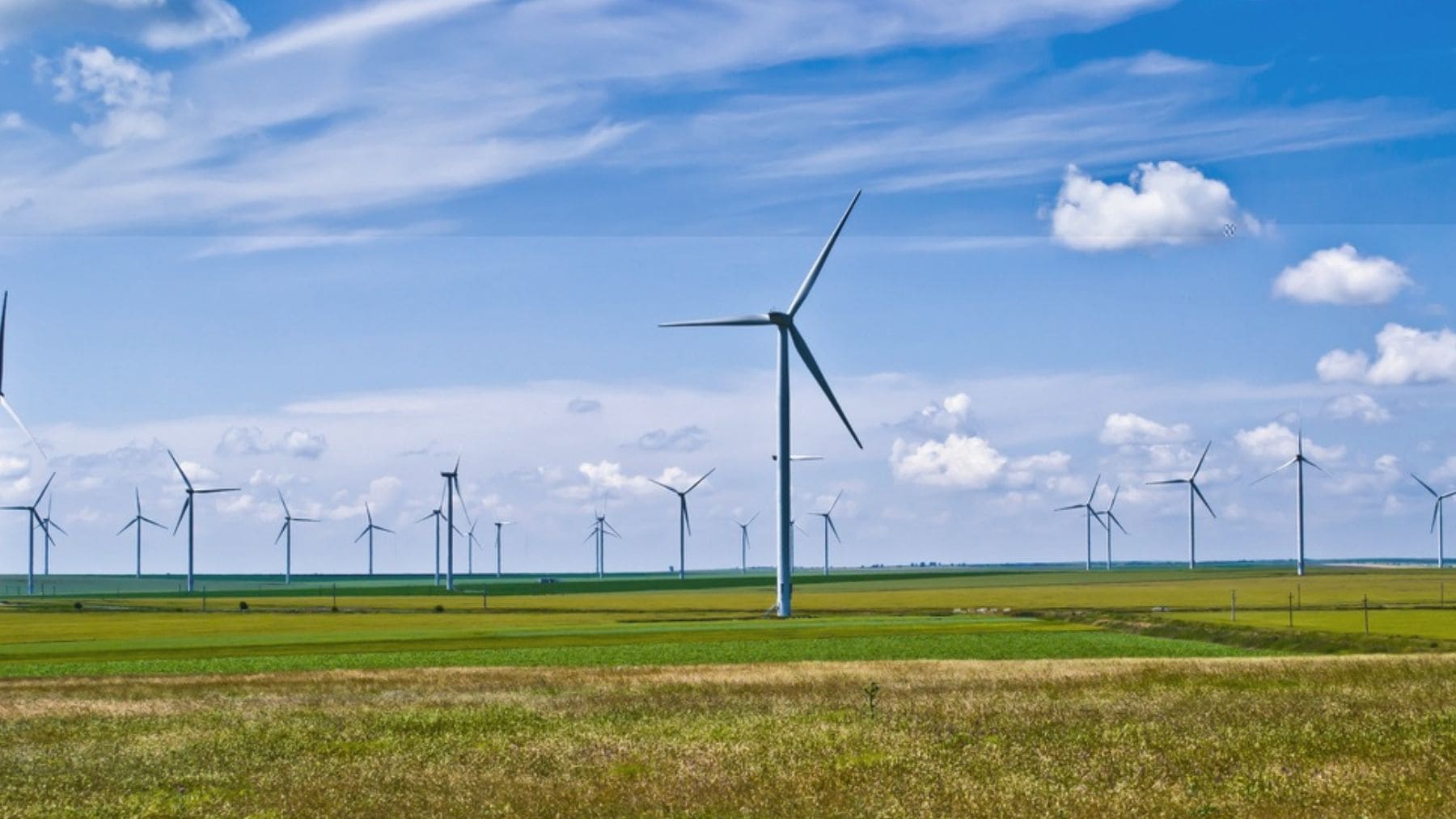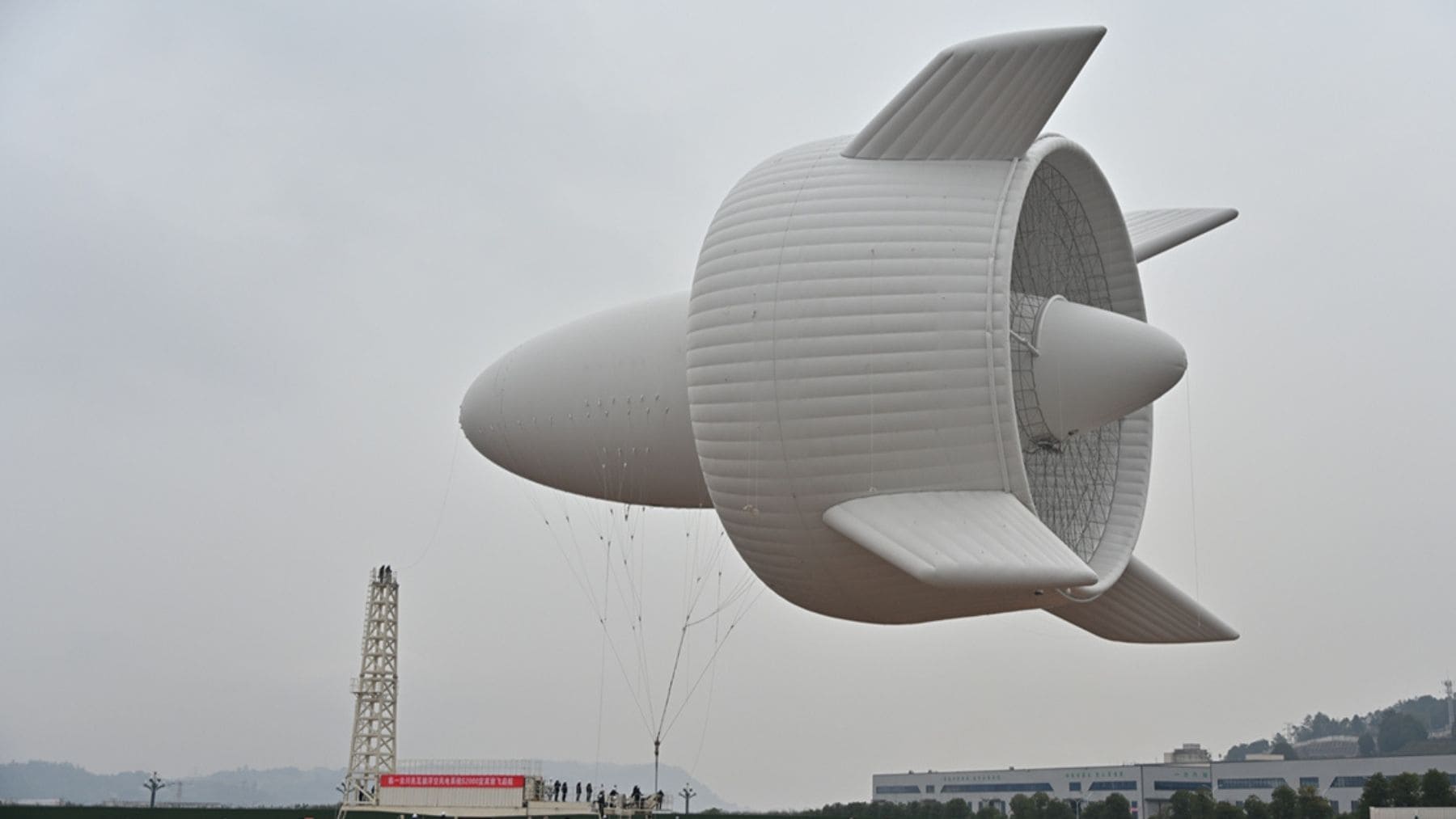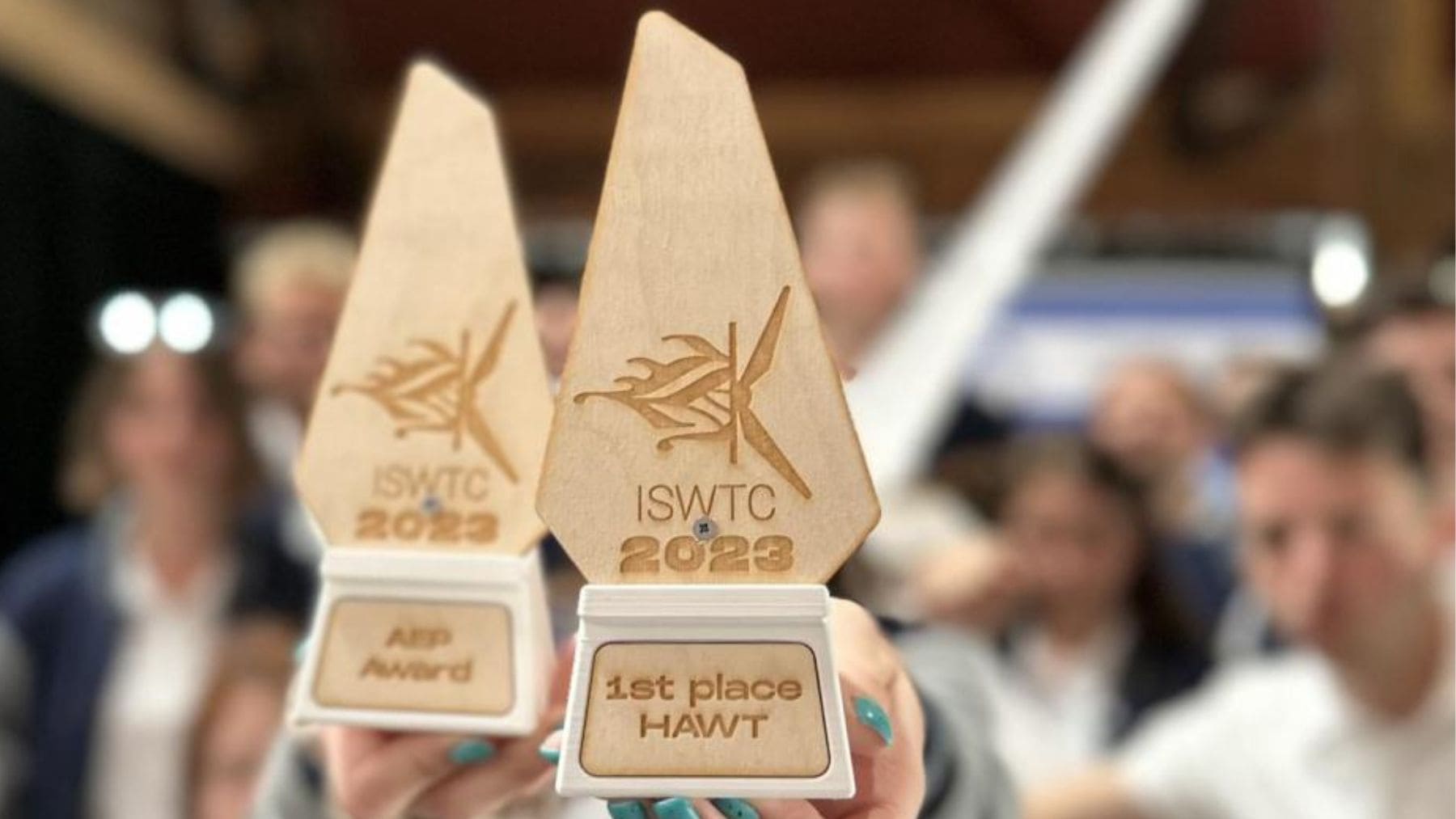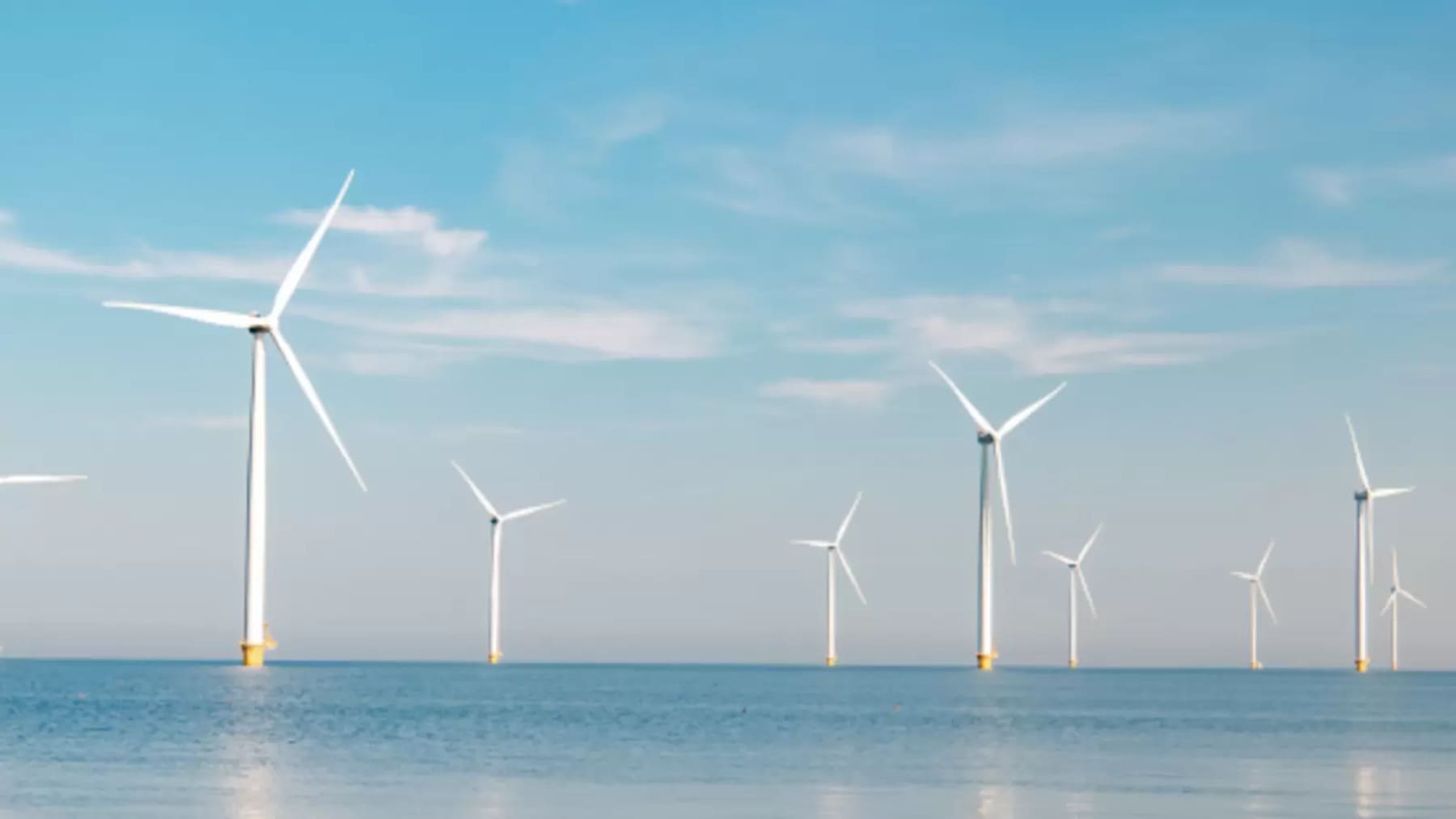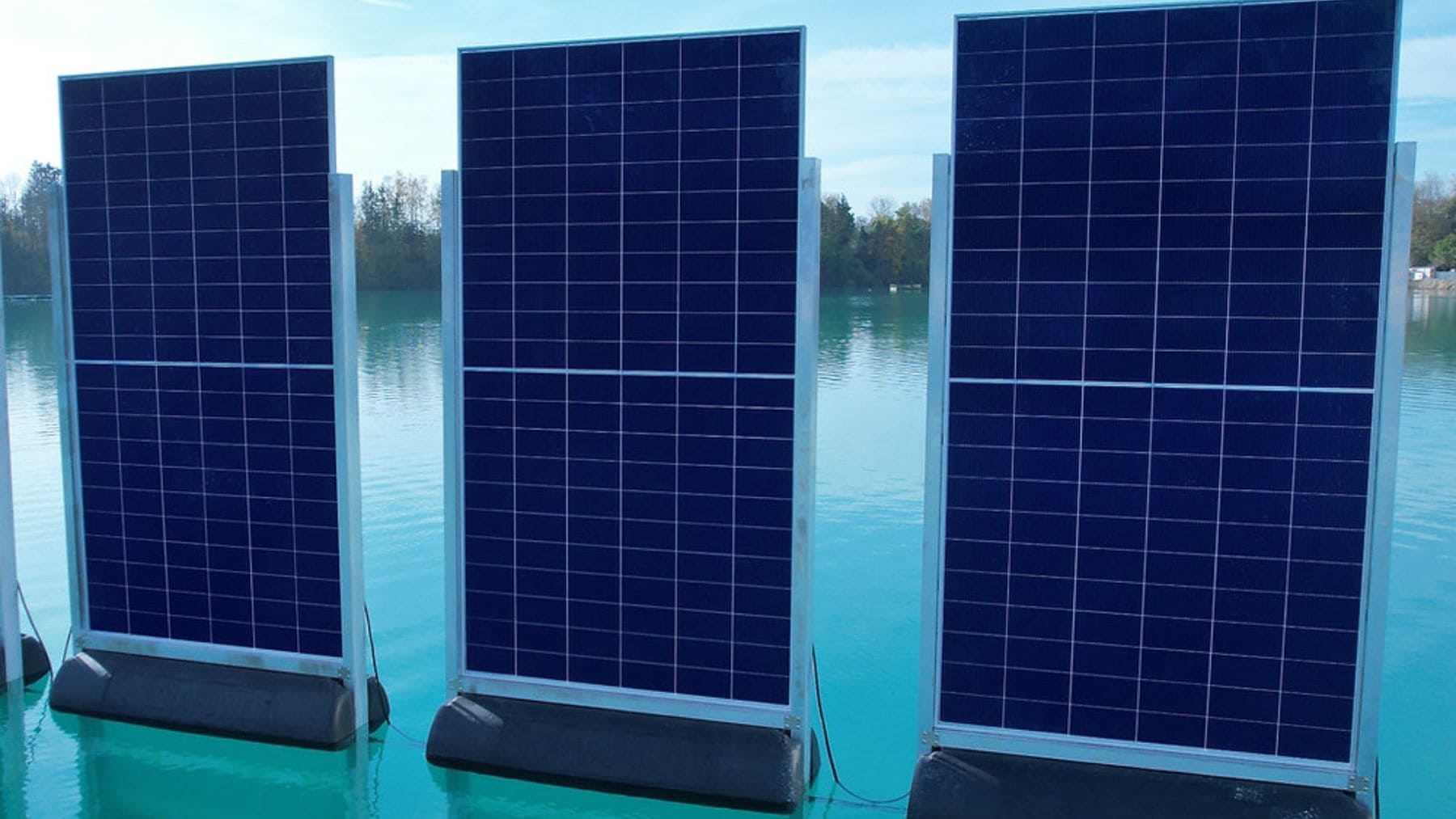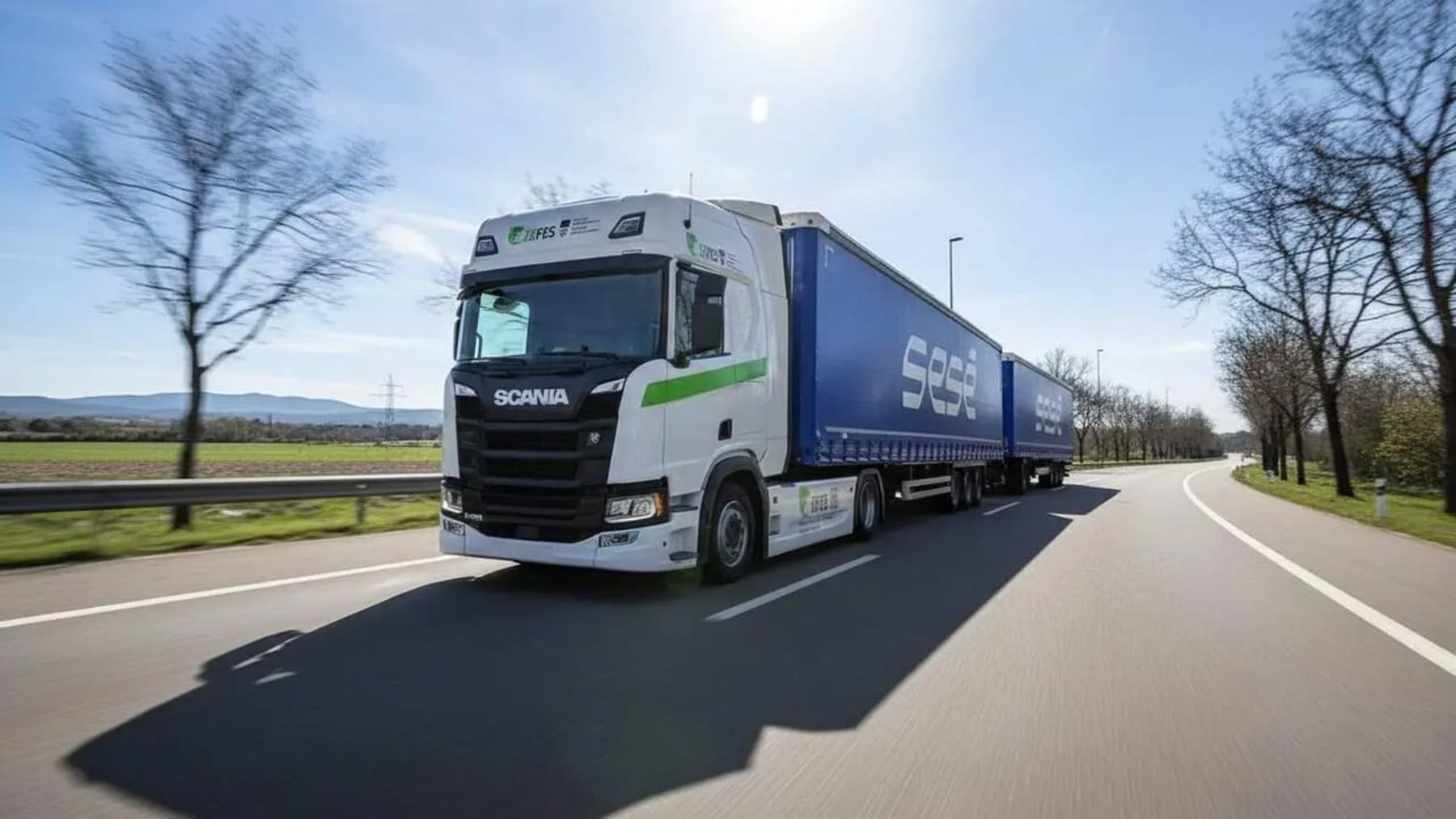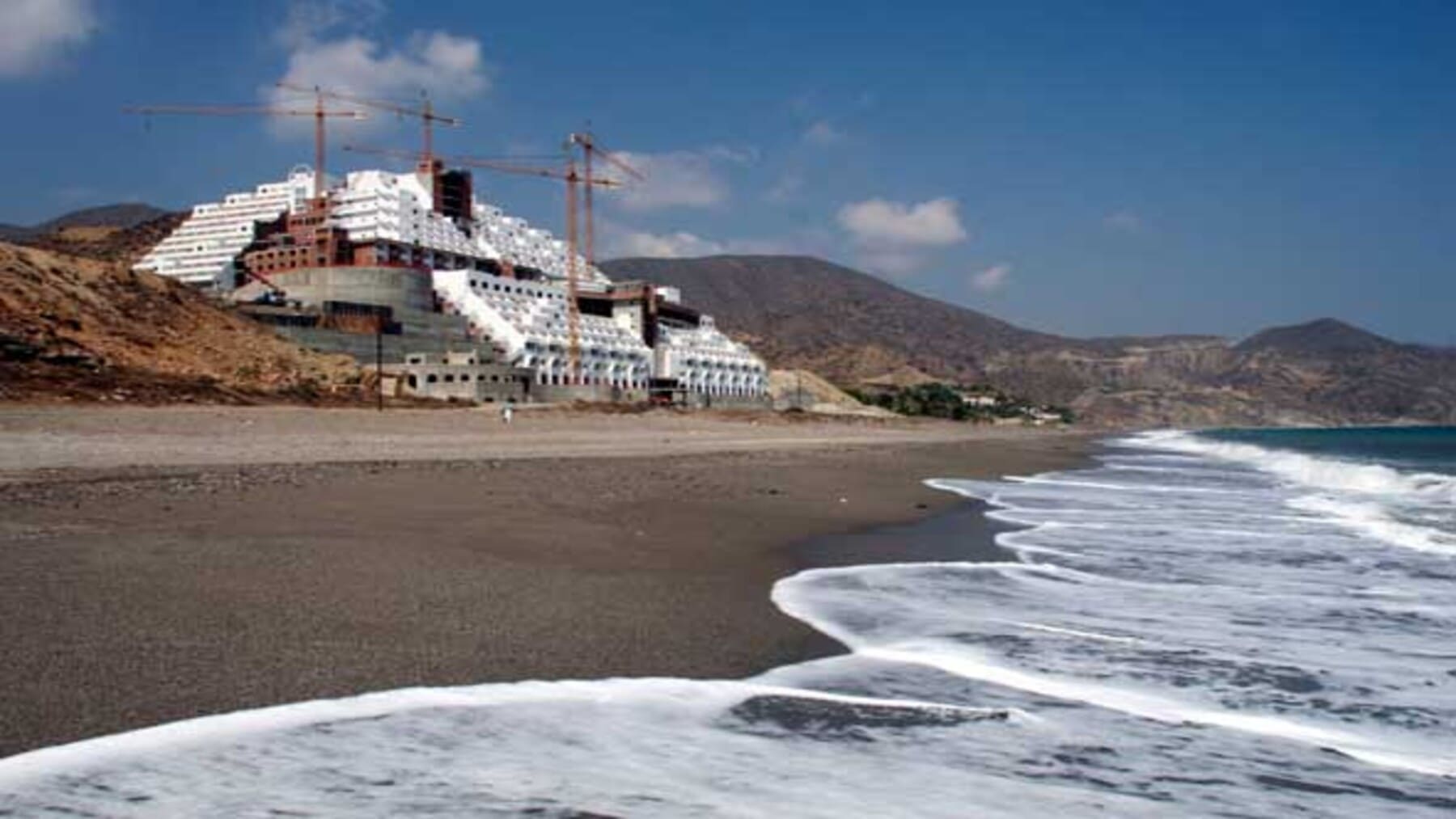The Australian government has tweaked its renewables policy to ensure the continued growth of large-scale projects while creating room for an unprecedented demand from the emerging household sector.
Australia’s enhanced renewable energy target or “eRET,” a modified version of a renewable energy policy approved in August 2009, will distinguish support for small renewable energy applications and industry-scale power generation projects, while sticking with a 45,000 gigawatt-hour overall target for renewable energy production by 2020.
Household demand for renewable technologies, particularly solar panels and solar hot water systems, has reportedly grown unexpectedly. As a result, fewer investments were made for large-scale projects.
Through eRET, the small-scale renewable energy scheme will provide renewable energy certificates at a fixed price of 40 Australian dollars ($34.6) from 30 dollars.
On the other hand, the renewable generation target for large-scale projects will go down by 4,000 GWh to 41,000 GWh.
The amended law is expected to reap 20 billion dollars for Australia’s renewable energy economy, plus green collar jobs. It is also projected to reduce the country’s greenhouse gas emissions by 380 million metric tons by the same year, making it Australia’s biggest climate change reform.
The government hopes these reforms will give more Australian households access to affordable clean energy technologies, especially since they appear to want it.
Ninety percent of Australians want to have more renewable energy, according to a Clean Energy Council poll done in May. Eight out of 10 Australians, meanwhile, said they want “much more.”
“This completes a first important step forward in decarbonizing energy in Australia. It’s now important for the industry to get on with the job,” said Matthew Warren, chief executive of Australia’s clean energy council.
“These reforms will deliver new jobs and investment in regional Australia, crucial new generation capacity and drive reforms and improvements in networks and the rules by which they are built,” said Mr. Warren.



